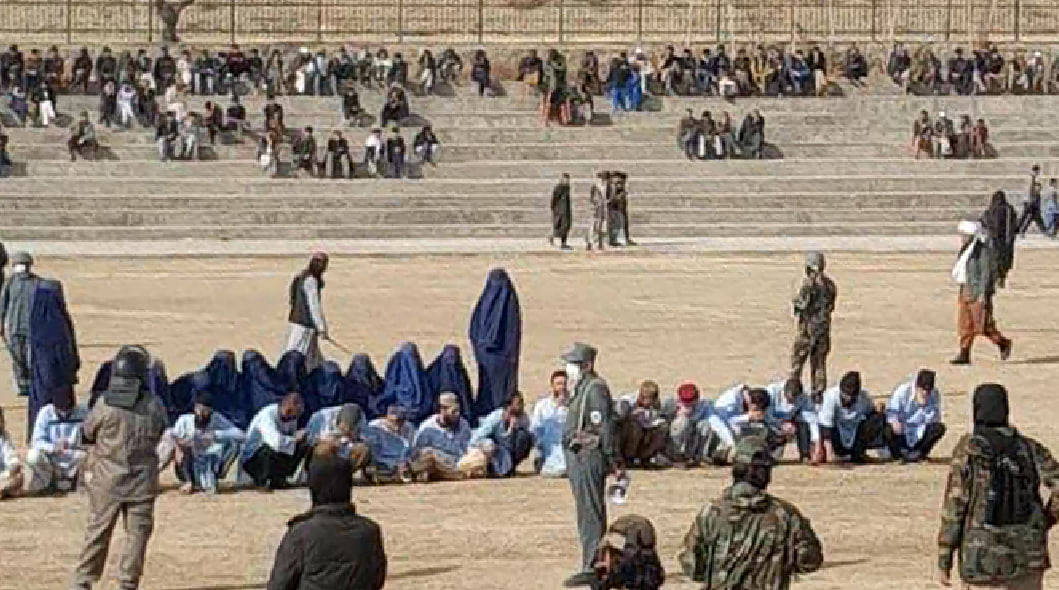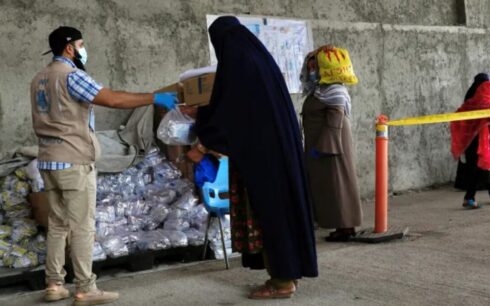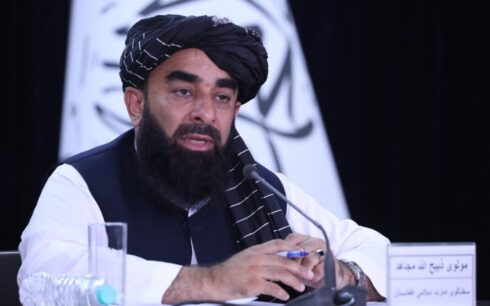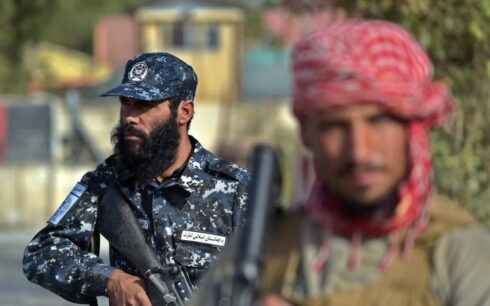Taliban publicly flogged more than 580 people, including 42 women, in 23 provinces of the country in 2024, according to statistics released by the Taliban-controlled Supreme Court.
In the final two months of the year alone, 93 individuals, including 12 women, were flogged in 10 provinces. The charges against those punished included “adultery, running away from home, sodomy, theft, and acts deemed contrary to Sharia law,” according to Taliban officials.
The public punishments, which have drawn sharp criticism from human rights advocates, underscore the group’s rigid interpretation of Islamic law and its escalating use of corporal punishment since returning to power in 2021.
Public executions and floggings
In November 2024, the Taliban carried out a public execution in the eastern province of Paktia. Sirajuddin Haqqani, the Taliban’s interior minister and a prominent figure within the Taliban, was reportedly in attendance. The execution marked the first of its kind since the Taliban’s resurgence, further solidifying their embrace of harsh public penalties.
Provinces where floggings have been most frequently recorded include Faryab, Paktia, Khost, Helmand, Jawzjan, Uruzgan, Farah, Ghazni, Kabul, Parwan, Kandahar, Paktika, and Ghor. Sports fields and other public venues have been routinely converted into sites for these punishments, sparking outrage among residents and international observers.
Human rights concerns
Human rights activists and local residents have condemned the Taliban’s actions, describing them as oppressive and a stark violation of basic freedoms.
“We are exhausted by the Taliban’s cruelty,” a Kabul resident said. “They flog men and women in public, turning sports fields into arenas for punishment. We urge the world not to remain silent about their oppression.”
Another resident criticized the group’s tightening grip on daily life. “The Taliban’s brutality increases every day. They flog people under various pretexts, and their oppressive policies are mounting,” the resident said.
In addition to corporal punishments, the Taliban have intensified restrictions on women and girls, further eroding their basic rights. Under the leadership of Hibatullah Akhundzada, the group has enforced a strict interpretation of its “Vice and Virtue” law, issuing decrees that severely curtail women’s freedoms.
Over the past year, the Taliban have barred women from attending schools and universities, banned them from most workplaces, and imposed strict dress codes. These measures have drawn widespread condemnation from international organizations, which have called for increased pressure on the Taliban to reverse their policies.
Amid mounting concerns, Afghan citizens have urged the global community to act. “We cannot endure this oppression alone,” a Kabul resident said. “The world must take a stand against the Taliban’s violations of human rights.”
Despite international criticism, the Taliban appear resolute in their actions, framing their policies as adherence to their interpretation of Islamic principles. Observers warn that without significant intervention, the humanitarian and human rights situation in Afghanistan is likely to deteriorate further.





